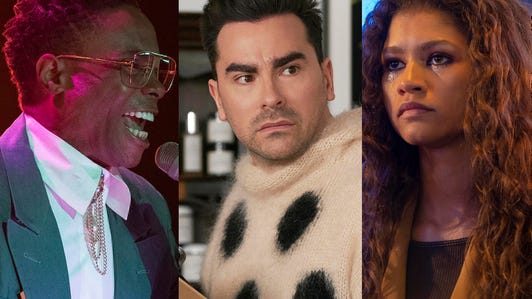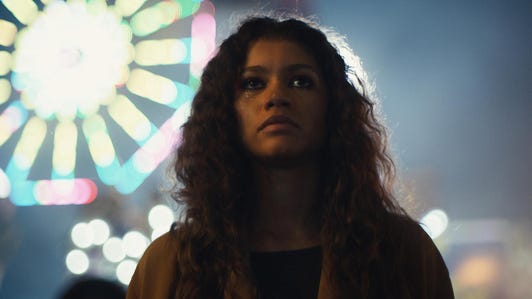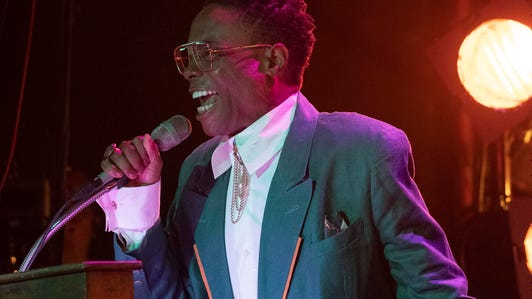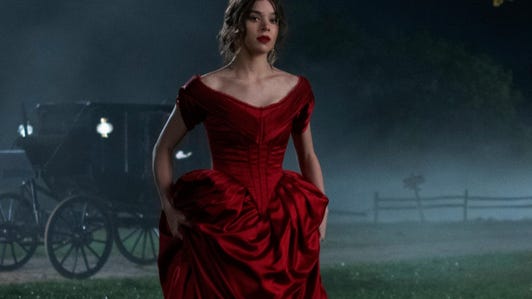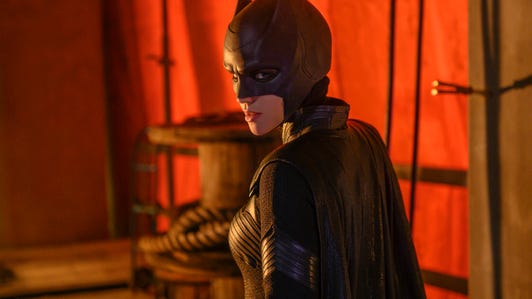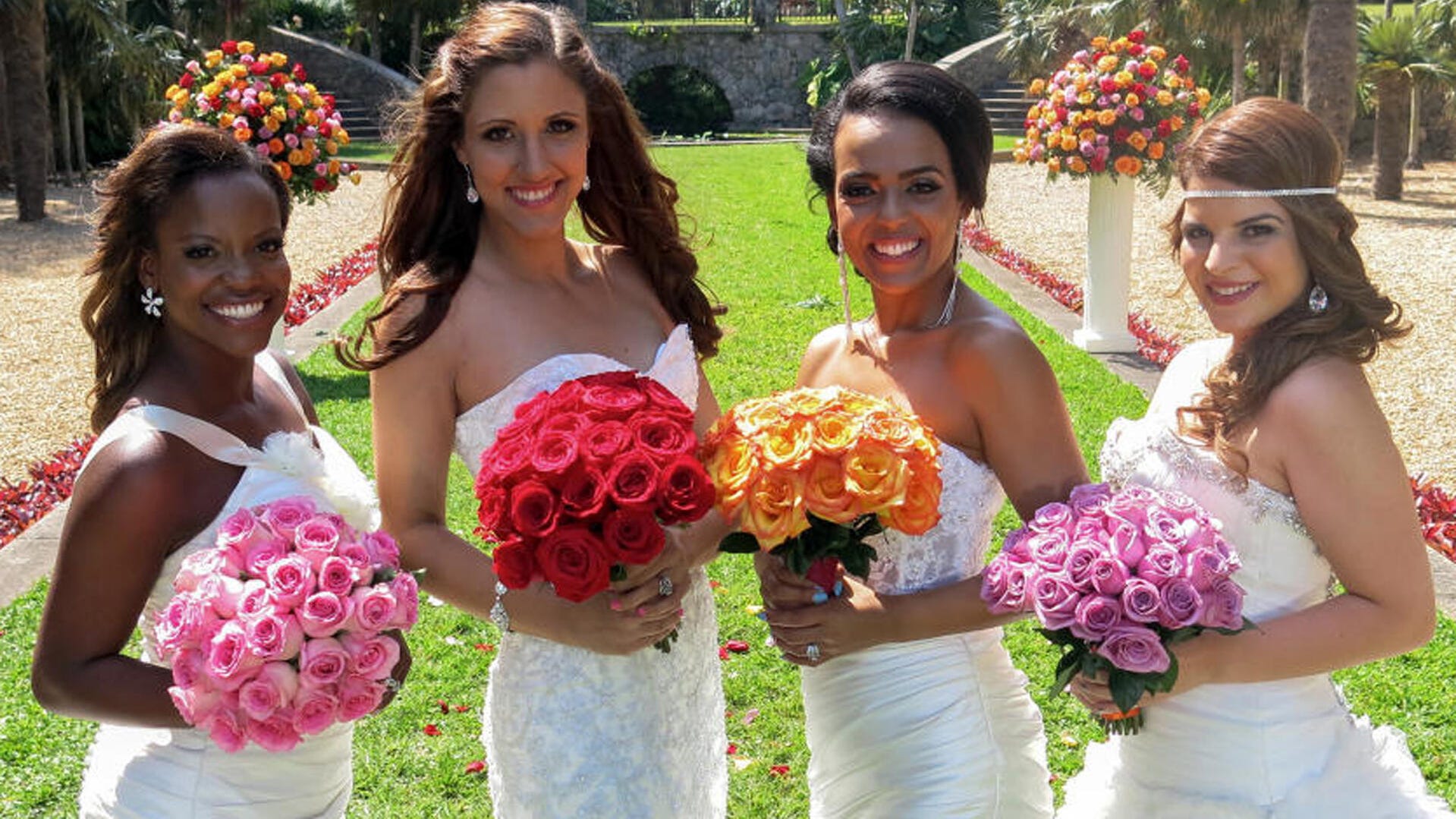
'Four Weddings' and the Queer Pleasures of Straight Nuptials
I fell in love with the simplicity of straight romance, even though I didn't desire it for myself.
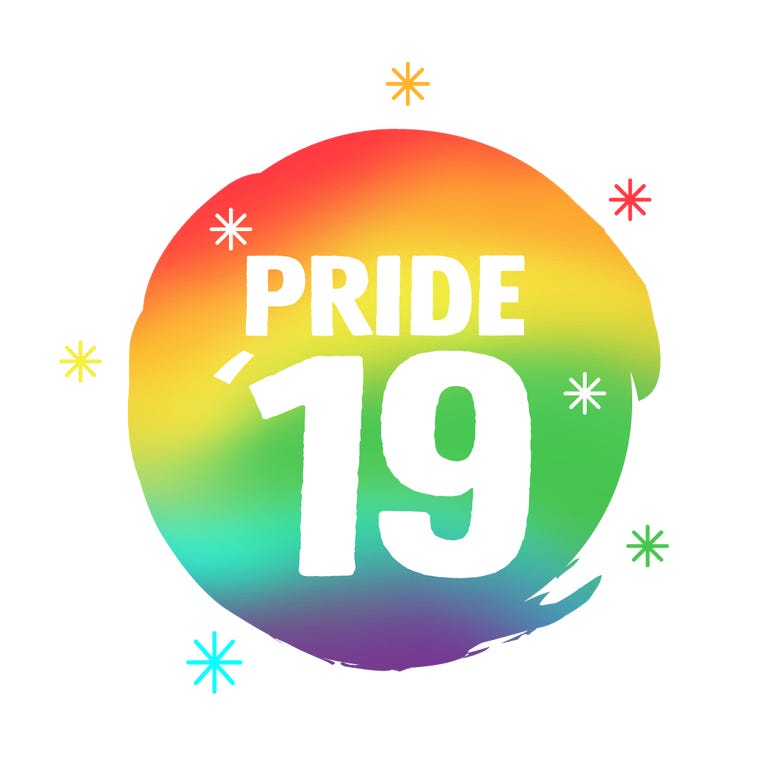
The year I vowed to be alone forever, I watched 107 episodes of women in catering halls across America pass judgment on each other's weddings. I couldn't get enough of their awful mermaid dresses, their French chateau via Atlantic City backdrops, their empty vows about spending the rest of their lives with their best friends. I was a gay man disgusted by the heteronormative imperatives to marry and have children, but I'd somehow become addicted to TLC's Four Weddings. The reality competition show that turns matrimony into a pageant sparked within me the purest joy.
At the time, my living room was a full-time bridal salon. My straight roommate had just gotten engaged, and our house was suddenly filled with sample dresses, mock-up invitations, and potential centerpieces. She unwound from her own party-planning with Four Weddings marathons. Each episode pits four brides, all strangers, against each other as they attend and then assign scores to each other's weddings based on dress, food, venue, and overall experience. The woman with the highest score gets a free luxury honeymoon.
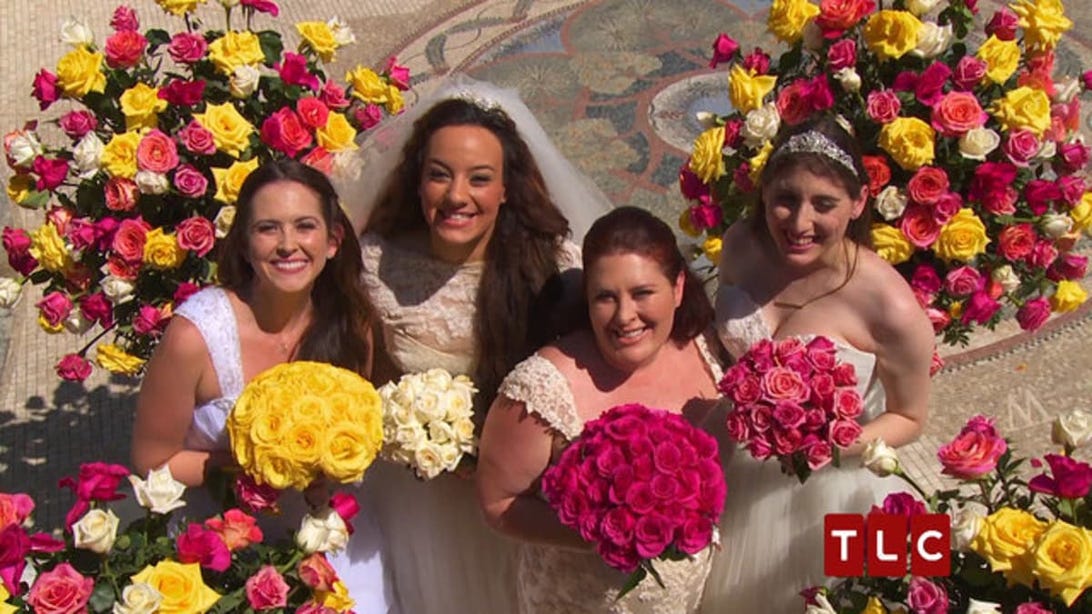
At first, I'd roll my eyes and call the game show garbage. To me, it was the nadir of straight culture, a parade of conformity. But I also couldn't look away. There was something undeniably calming about watching all these ceremonies and receptions I wanted no part in myself. I loved the buffets, maid-of-honor toasts, uplit hotel conference rooms, garter-belt tosses, and paper lanterns. For all my aversion to heteronormativity, I felt warm and snug and safe consuming Four Weddings. I was 29, but I watched with the carefree elation of a 12-year-old girl at a never-ending slumber party.
The spectacle charmed me, yet the repetitive reinforcement of rigid, traditional tenets of straight love made me feel sick. That's not to say that marriage can't be restructured or redefined--I was immensely grateful for the new dignity granted to queer love after a hard-won fight over marriage equality in 2015.
But I turned away from normative love myself. Part of the reason I avoided coupling was the shame I still retained from years of hiding my identity. Despite being out, I wasn't ready to fully express myself sexually and emotionally. Yet my aversion to matrimony also came from a fundamental resistance to the psychic pressures of heterosexual institution and a refusal to assimilate into that system. I was convinced, even if and when I was ever ready for a monogamous relationship, that I'd never be comfortable getting married or having children. For me, marriage was the epitome of straight hegemony, even if it were with two men, because it impressed on me that I was less than if didn't find a significant other. I pledged to remain single in eternity.
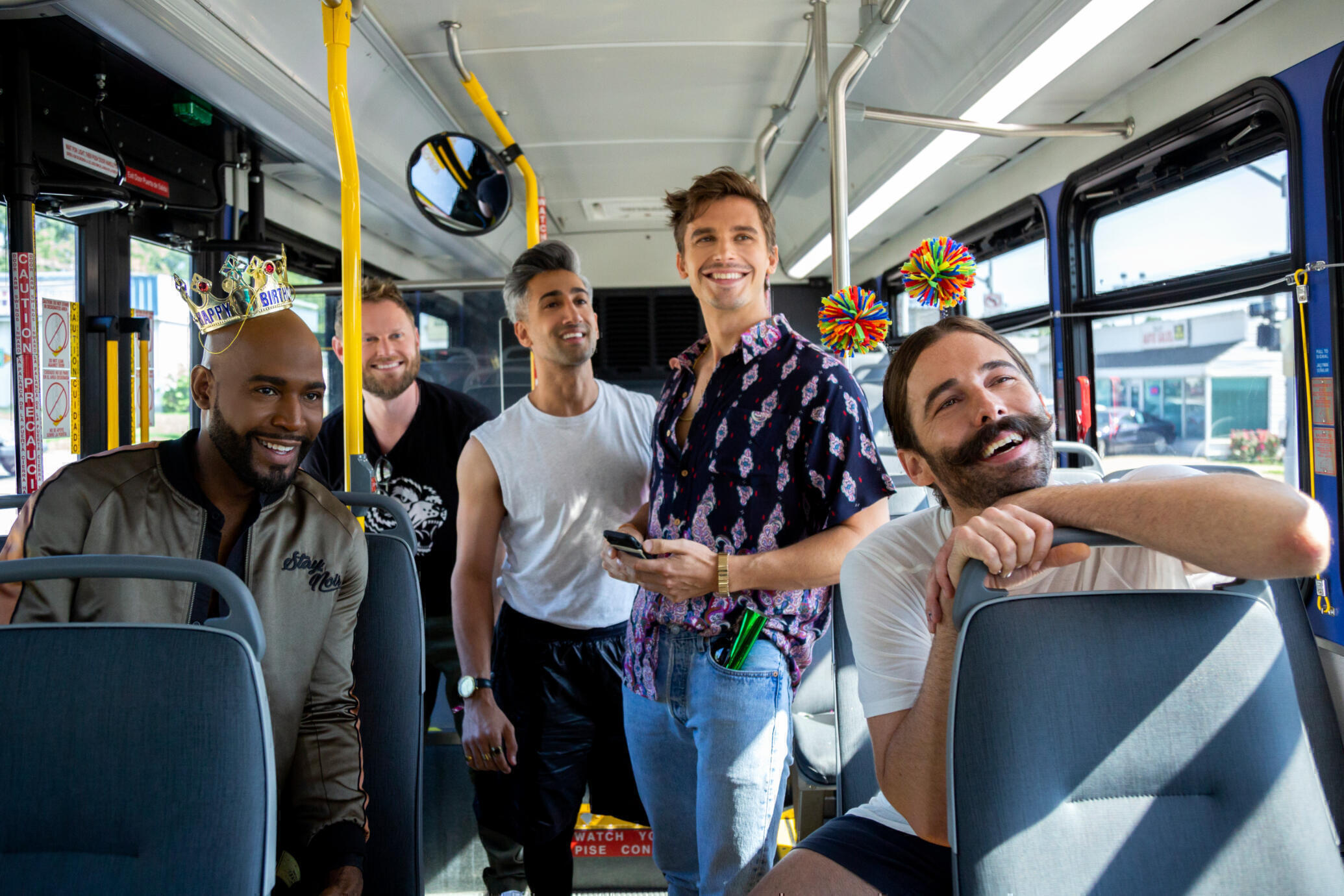
Still, time after time, I found myself sneaking in more episodes of Four Weddings after my roommate and her fiancé went up for the night. The more I watched, the more I tried wrapping my head around this contradiction, the stranger I felt. I was simultaneously having the time of my life and getting queasy like I'd inhaled too many mini quiches at the cocktail hours of a hundred weddings I wasn't invited to.
I was becoming startlingly, disturbingly aware of the fundamental opposition underlying my orientation to the world: despite being an out gay man, most of my cultural and social life was organized around observing straightness. I loved joining my roommate and her fiancé on Costco runs, riding in the backseat of their Honda Fit, listening to them do the crossword puzzle, watching them prepare their Blue Apron meals. I binged House Hunters with my mom whenever I went home to Long Island, getting off on all the displays of domestic bliss: crown molding and vast kitchen islands and T.J. Maxx art with words like Live, Laugh, Love in mesmerizingly generic cursive. It was the style of heterosexual comfort--the simplicity and ease of paint-by-numbers happiness--that I treasured even as its content repulsed me. At the time, I couldn't picture anywhere in the world where I'd be guaranteed this level of safety in love, not even in my own head.
Four Weddings distilled all the trappings of straight life into plug-and-play nuggets of thoughtless glee. There was no plot, only style. Suddenly under the scrutiny of discerning, competitive brides, the homogeneity of traditional heterosexual marriage began to fall apart in the most delightful way. It turns out that not all mason jar centerpieces look alike, and not all promises to be best friends forever sound the same. Four Weddings was the perfect reflection of a gay man whose suburban life felt like a constant safari of straightness; one that turned an oppressively normative surrounding into something that could be enjoyed, albeit ironically.
Seven seasons into my Four Weddings mania, I started to realize that my aesthetic obsession with straightness was holding me back from finding joy in actual queerness. I was almost 30 and had come out a decade earlier, but I still hadn't managed to establish myself in a community of other queer men like myself. I'd downloaded Grindr, though I avoided actually meeting up with boys. I always chose to spend time with my female friends over my own kind. Tucked away in the heterosexual uniformity of Ann Arbor, Michigan and still suffocated by persistent self-hate, I was behind in my queer coming-of-age.
Four Weddings, in many ways, was keeping me further stunted. During those dangerously cozy nights around the TV, I retreated deeper into the addictive expressions of men and women loving each other, yet by the time I'd gotten through all nine seasons of Four Weddings on the TLC app, I felt like I'd finally had enough.
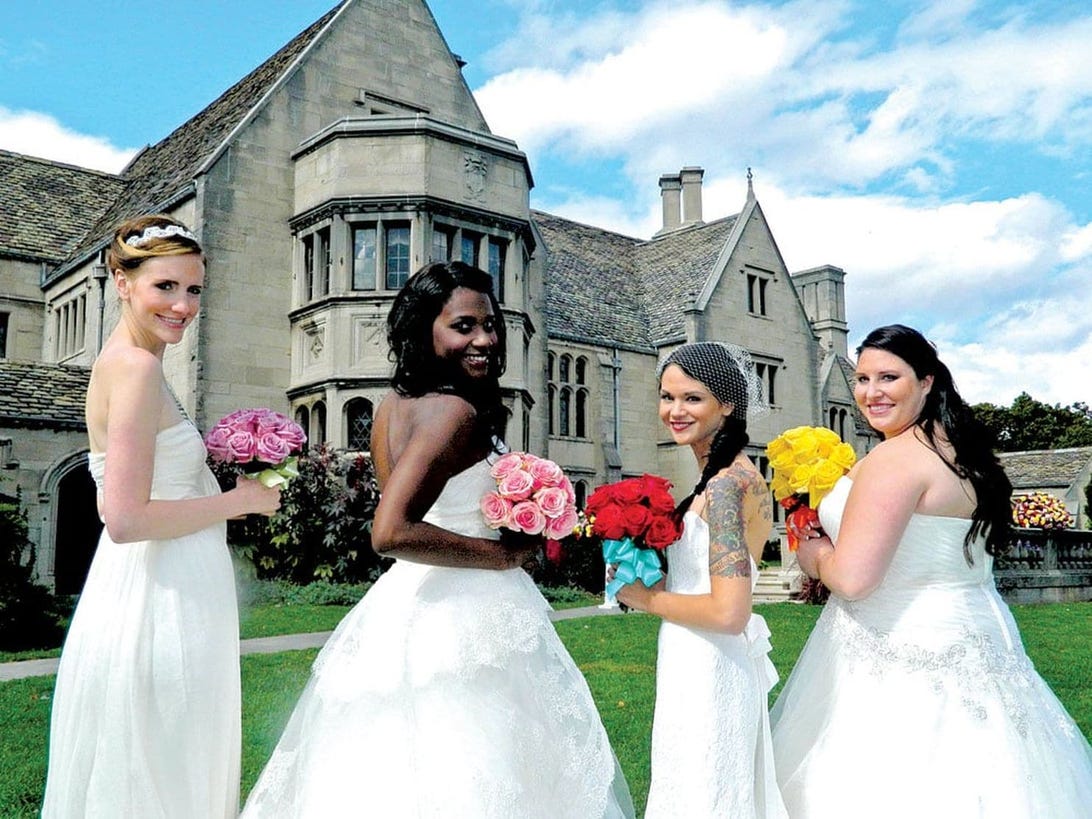
With no more Four Weddings to binge, I found a different kind of fun. When my roommate went to bed, I partied with one of her unwanted sample gowns, hanging in our living room. I took the lace, boho-chic dress meant to match the terrariums and flowers at the botanical gardens where she was getting married and put it on myself. I cackled and howled, running around the house as I used to when I was 13 and my parents weren't home and I could lip-sync to Britney Spears jumping from room to room. With my impromptu drag performance, I took my lifelong infatuation with straight culture to a newly gay place.
It would be a while before I really pushed myself to confront my self-hate, move from Michigan to West Hollywood, the biggest gay enclave in the country, and go on dates with as many men as I liked, but this felt like a start. Maybe I had to reach the end of straight happiness to find the beginning of homosexual pleasure.
In the flashes of swirling white, I sparkled. Like my favorite women on Four Weddings, I felt special, hopeful, warm--but I also felt something very different. I felt on the verge of being queer.
Logan Scherer's writing has appeared in Tin House, Longreads, Catapult, Eater, The Atlantic, The Baffler, and elsewhere. He is currently writing a book about romantic friendship, queer masculinity, and the tragic love gay boys have for straight guys.
